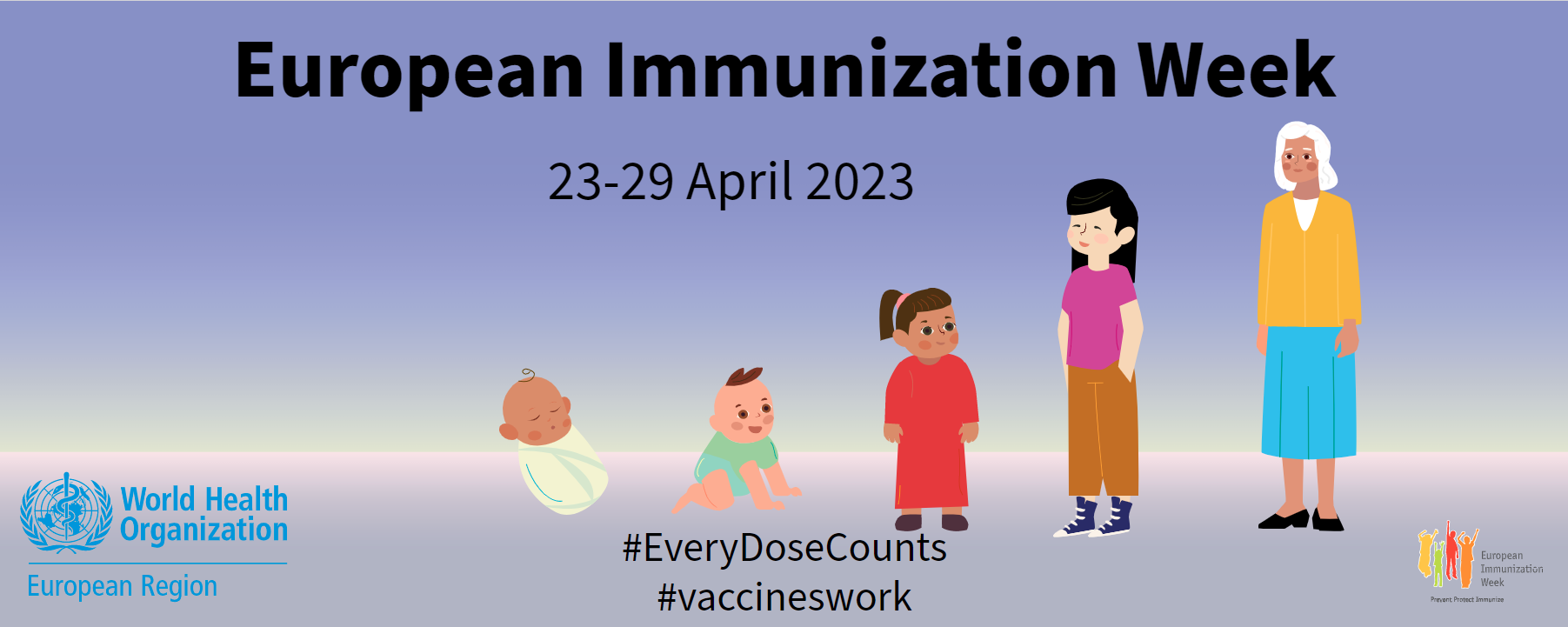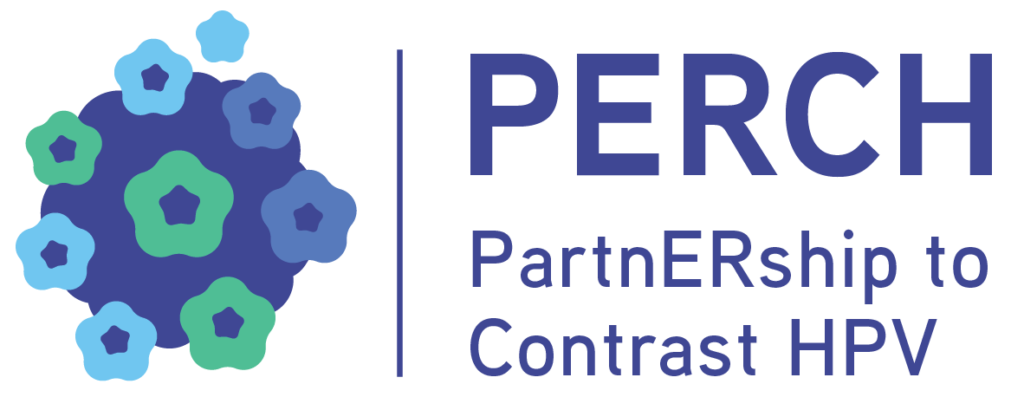
Raising awareness of global decline in vaccination rates – European Immunization Week
Vaccination is one of the most essential tools available to ensure population health and wellbeing. However, vaccination programmes face enduring challenges, namely inequalities in vaccine access and vaccine hesitancy. The COVID-19 pandemic provoked a regression in routine immunisation coverage, with inequalities between and within countries worsening. For example, since the start of the COVID19 pandemic, over 1.2 million children in the WHO European Region have missed a vaccination to protect them against measles, mumps, and rubella (MMR).
Working together, a group of EU funded projects* aim to bring awareness to a concerning global decline in vaccination rates and the need for children in particular to catch up on any missed doses. Each of the projects offers a unique set of research findings, practical solutions, or policy-level recommendations to support European countries to improve access to vaccination services for all.
*EU funded projects working together:
RIVER-EU (Reducing Inequalities in Vaccine uptake in the European Region – Engaging Underserved communities)
RIVER-EU collects evidence on health system determinants of high and low vaccine uptake in eight specific contexts, which will be used to identify and/or develop interventions to reduce barriers to vaccine uptake in underserved communities and increase trust in the health system. These interventions will be piloted in Greece, the Netherlands, Poland and Slovakia and the results will be converted into evidence-based guidelines to address equitable access to vaccination across Europe.
PERCH – PartnERship to contrast HPV
18 European countries and 34 partner organisations are working together to increase HPV vaccination coverage specially in regions with low coverage and to optimize data collection to monitor HPV vaccination coverage and the impact of vaccination. The General Objective of PERCH is to contribute to the implementation of Europe’s Beating Cancer Plan, which aims to support Member States’ efforts to extend the roll-out of routine HPV vaccination of girls and boys to eliminate cervical cancer and other cancers caused by HPV in the coming decade.
JITSUVAX – Jiu Jitsu with misinformation in the age of Covid
The JITSUVAX team consists of psychologists, epidemiologists, behavioural scientists, clinicians and others. Together we are investigating misinformation around vaccines which may lead to people being less likely to accept vaccination. We are testing ways of combatting this misinformation and helping healthcare professionals to communicate with patients. Visit our learning platform: jitsuvax.info
RISE-Vac • WEPHREN (tghn.org)
The RISE-Vac project aims to improve the health of prison population in Europe by promoting vaccine literacy, enhancing vaccine offer and increasing vaccine uptake. The project consortium is made up of nine partners from six different countries: Cyprus, Germany, France, Italy, Moldova and the UK. We are developing a number of interventions, including educational resources and vaccination models, and are assessing their impact on whole prison vaccination.
THE AcToVax4NAM PROJECT
Access to Vaccination for Newly Arrived Migrants (AcToVax4NAM) is a 3-year European project with a mission to improve the vaccination uptake in Newly Arrived Migrants (NAM). The beneficiaries are Newly Arrived Migrants (NAM) regardless of legal status in first line, transit, and destination EU/EEA countries. The general objective of the AcToVax4NAM project is the improvement of Vaccination Literacy (VL) and access, and thereby vaccination uptake for Newly Arrived Migrants (NAM) making access conditions more equitable and guaranteed.
Coalition for Vaccination
The Coalition brings together European associations of healthcare professionals and students. It was convened by the European Commission in 2019 based on the 2018 Council recommendation on strengthened cooperation against vaccine-preventable diseases. For the past two years, it was supported by an EU co-funded IMMUNION project. The Coalition regularly organises advocacy campaigns to improve vaccine trust and uptake.
SEKI (Strengthening Education and Knowledge on Immunisation)
SEKI (Strengthening Education and Knowledge on Immunization) is the one-stop access point for European healthcare professionals seeking high-quality educational content on vaccines and immunisation. SEKI screens for training needs and ways to meet them. SEKI will allow busy doctors, nurses and pharmacists to embark on a life-course of vaccine education and training, from beginner-level to expert. We partner with professional associations and educational content providers to bring the best and most up to date content to you. SEKI is a partnership between the Vaccine Safety Initiative (VIVI) and the European Academy of Paediatrics (EAP). SEKI collaborates with the EU Coalition for Vaccination, RIVER–EU, ImmuHubs and other European projects.
ImmuHubs (Innovative Immunisation Hubs)
Paving the way for breakthrough innovation, the ImmuHubs project is interdisciplinary and intersectoral in its approach, across borders. It is a bridge among different stakeholders that work towards the same direction: a sustainable, innovative, culturally sensitive, bottom-up approach to improve trust and vaccine uptake. The ImmuHubs Project aims to reduce transmission of vaccine-preventable diseases through an increased vaccination uptake among disadvantaged, isolated, and difficult to reach population groups. The ImmuHubs Consortium is coordinated by the Vaccine Safety Initiative (VIVI), a scientific think tank and non-profit research institution based in Berlin, Germany. We are a partnership of 9 institutions in 6 European Countries from academia and the non-profit sector, as well as public health, professional association, and civic society/patient representation. The project is co-funded by the European Health and Digital Executive Agency.
SymptomSurvey
SymptomSurvey aims to educate doctors and nurses about what really matters to patients when they experience COVID or flu-like symptoms. When patients communicate their symptoms to healthcare professionals, the message does not always get across. Symptoms that worry patients, may not always get the attention they deserve. The SymptomSurvey provides opportunity to tell healthcare professionals how a patient or caregiver experiences symptoms, i.e.:
- which symptoms are considered most important,
- what a meaningful improvement looks like, and
- what recovery means to patients and their families.
The SymptomSurvey is conducted by the Vaccine Safety Initiative in conjunction with professional, patient, and civic society organizations.


